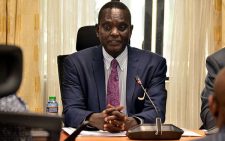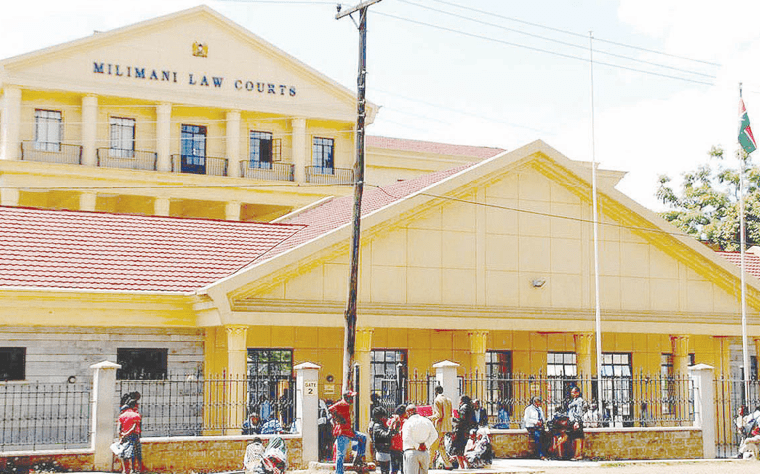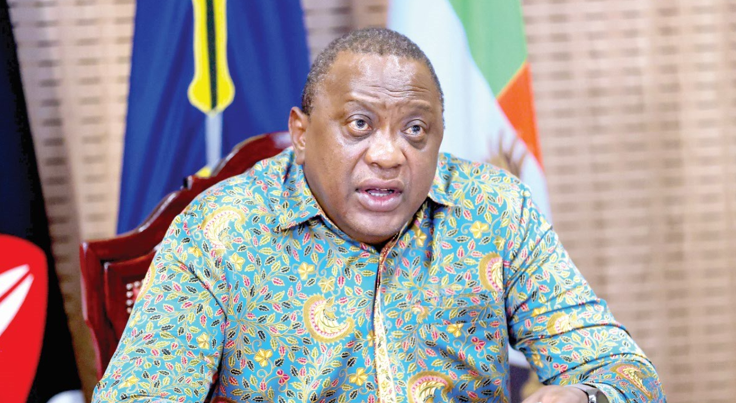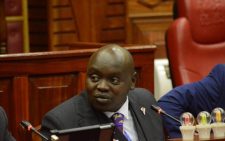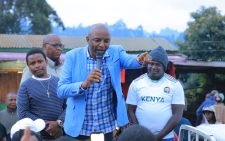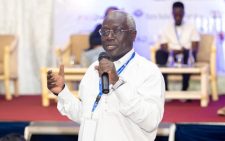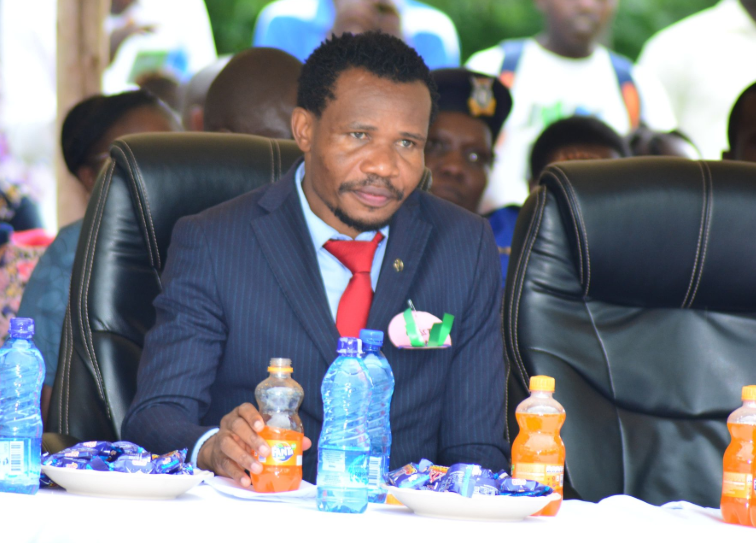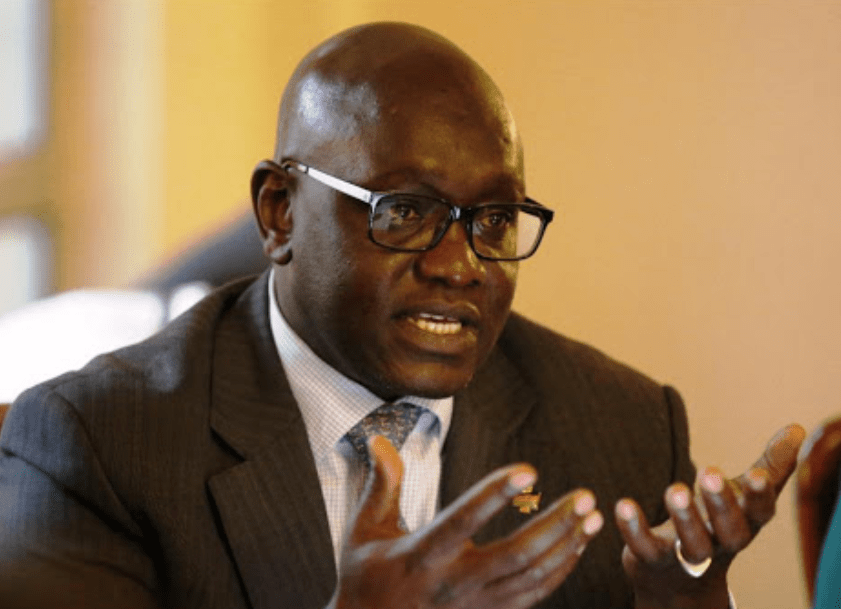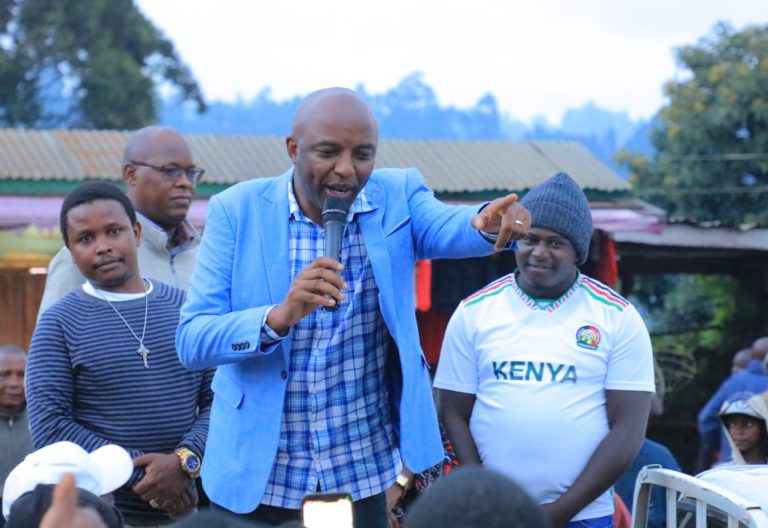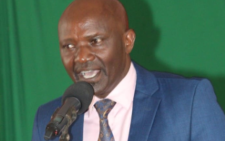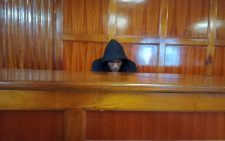Petitioners put up spirited fight against judges ruling
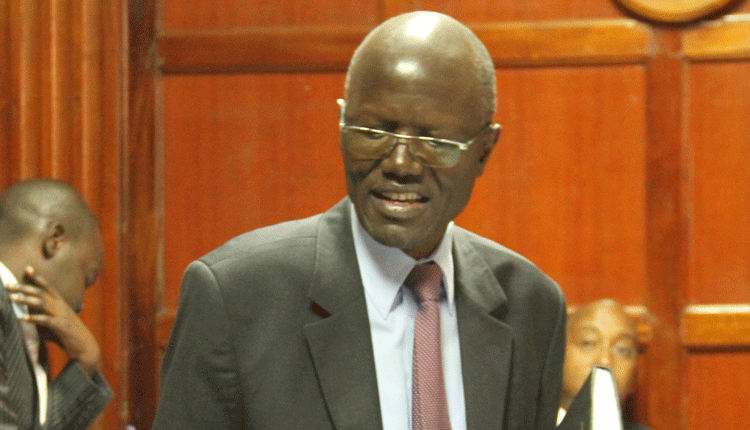
The Court of Appeal is today expected to decide the future of the Building Bridges Initiative in a landmark judgment.
Verdict of the court will either uphold the High Court ruling that halted the process to emend the Constitution or invalidate it altogether.
Appelants who filed the matter were the Attorney General, Independent Electoral and Boundaries Commission, President Uhuru Kenyatta, former Prime Minister Raila Odinga and the BBI Secretariat.
Court of Appeal President Daniel Musinga is presiding over the Bench which consists of justices Roselyne Nambuye, Hannah Okwengu, Patrick Kiage, Gatembu Kairu, Fatuma Sichale and Francis Tuiyott. A five-judge Bench of the High Court had declaredthe entire Building Bridges Initiative (BBI) process as unconstitutional.
Justices Joel Ngugi, George Odunga, Jairus Ngaah, Teresia Matheka and Chacha Mwita ruled that neither the President nor any State organ were allowed by the Constitution to initiate amendments to the Constitution and that only private citizens can initiate such a process.
“A declaration is hereby made that civil proceedings can be instituted against the President for violating the Constitution, by initiating its amendment,” they had ruled.
They had also ruled that all the decisions the electoral commission made, including verifying BBI signatures, was unconstitutional.
The judges had said the commission was not properly constituted because it lacked the requisite quorum of five commissioners to make major policy decision.
“We expect the Court of Appeal to be courageous like the High Court,” lawyer Morara Omoke, who was a party in the appeal told People Daily.
Raila has said he will respect the verdict and will not move to the Supreme Court if the High Court ruling is upheld.
Speaking on a radio station, Raila, however, exuded confidence that the Appellate court would rule in their favour.
Attorney General Paul Kihara had filed 31 grounds of appeal in the matter.
Solicitor General Ken Ogeto, Senior Counsel George Oraro, Paul Nyamodi and Kamau Karori represented him in the Appeal.
Ogeto asked the Bench to overturn the High Court decision arguing that the judges elevated their personal opinions and preferences over the Constitution and over the will of the people.
Unfounded conclusions
“The judges did this through personalised attacks against the President that climaxed in factually and legally unfounded conclusions.
An example of this being the unprecedented finding that a President can be sued in a personal capacity for official acts,” he said.
Senior Counsel Oraro tore into the Basic Structure Doctrine arguing that it did not apply to the Kenyan Constitution.
Oraro also argued that, contrary to the High Court ruling, the BBI process involved public participation, including the collection of one million signatures.
He said the Constitution provides the manner in which the public must be involved prior to a referendum.
Lawyer Kamau Karori argued that the High Court erred by finding that the popular initiative was only for those who can’t access the parliamentary initiative.
According to him, any person has a right to petition Parliament.
“Presumption that the common man does not have access to the parliamentary route is wrong,” he said.
Raila and the BBI secretariat also defended the BBI initiative saying due process was followed.
Lawyers James Orengo and Paul Mwangi told the court that every Article of the Constitution was amendable so long as it was within the law and procedures.
Orengo argued that the question of basic structure did not come up during the constitution making process and if it arose, that evidence should have been placed before court.
IEBC argued that the High Court erred in finding the commissioners lacked quorum.
Through lawyers Githu Muigai, Eric Gumbo and Moses Kipkogei, the commission said the IEBC Act had contemplated that vacancies would arise and the fact that there was a vacancy did not render the commission unconstitutional.
“The work of commission must continue because the law recognises the existence of a vacancy…The bench ignored several authorities that were brought to their attention,” Muigai said.
Lawyers representing Uhuru defended the President arguing that he had absolute immunity and cannot be sued contrary to the finding of the High Court.
Senior Counsels Waweru Gatonye, Mohammed Nyaoga and lawyer Kiragu Kimani asked the court to set aside the BBI judgement saying the President was acting under the authority given to him by the Constitution
Gatonye, who filed 17 grounds of appeal against the judgment, argued that the President could not have responded to the suit because he was not even served.
In response, the respondents, who were the petitioners in the High Court case, argued that the President should have renounced his position if he wanted to initiate a popular initiative
Law Society of Kenya President Nelson Havi and lawyer Elias Mutuma argued that the President cannot make a direct appeal to the people and join them in petitioning Parliament.
“If he wants to engage in affairs of lesser mortals, must abdicate. The President is not a mere mortal,” said Havi who represents David Ndii and four others.
